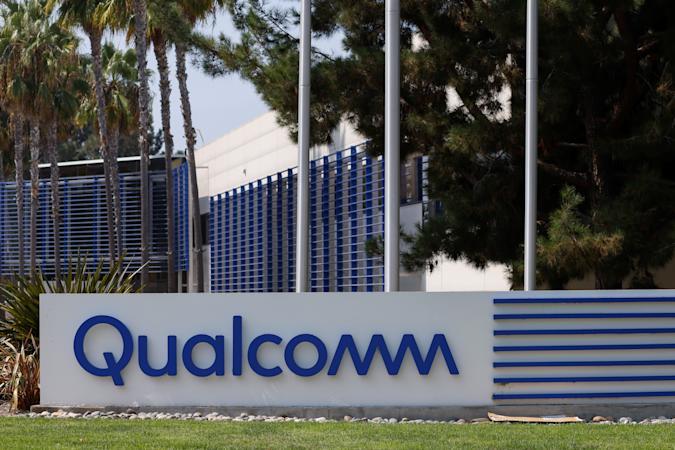
With the UN’s COP26 climate summit now underway, Qualcomm has become the latest company to announce a sustainability pledge. The chipmaker says it will achieve net-zero emissions by 2040. Here’s the roadmap the company laid out. By 2030, Qualcomm says it will reduce its Scope 1 and 2 greenhouse gas emissions by 50 percent from base 2020 levels. That same year, it plans to reduce its Scope 3 emissions by 25 percent from where they were in 2020.
Scope 1 includes all pollution produced directly by the company or any emissions sources it owns or controls. Scope 2, meanwhile, entails indirect emissions created from the electricity, heating and cooling Qualcomm consumes. Lastly, Scope 3 includes all other indirect emissions produced by its value chain.
In the context of a company like Qualcomm that relies on TSMC, Samsung and other foundries to produce its chips, reducing its Scope 3 emissions is the most impactful (and difficult) way the company can lessen its impact on the environment. According to an estimate from Imec, which recently announced a sustainable chip program involving Apple, approximately 75 percent of the greenhouse emissions tied to a mobile device are produced when it’s made, with almost half coming from the chip fabrication process.
Notably, that’s where Qualcomm says the least about its sustainability plans. It notes it’s working towards purchasing all of the power it uses at its San Diego headquarters from renewable sources and decarbonizing its operations using a “minimal” amount of Renewable Energy Credits and carbon offsets. That’s not to say the company is trying to greenwash its environmental responsibilities, but there’s a significant difference between making its offices environmentally friendly and doing the same for its supply chain.









